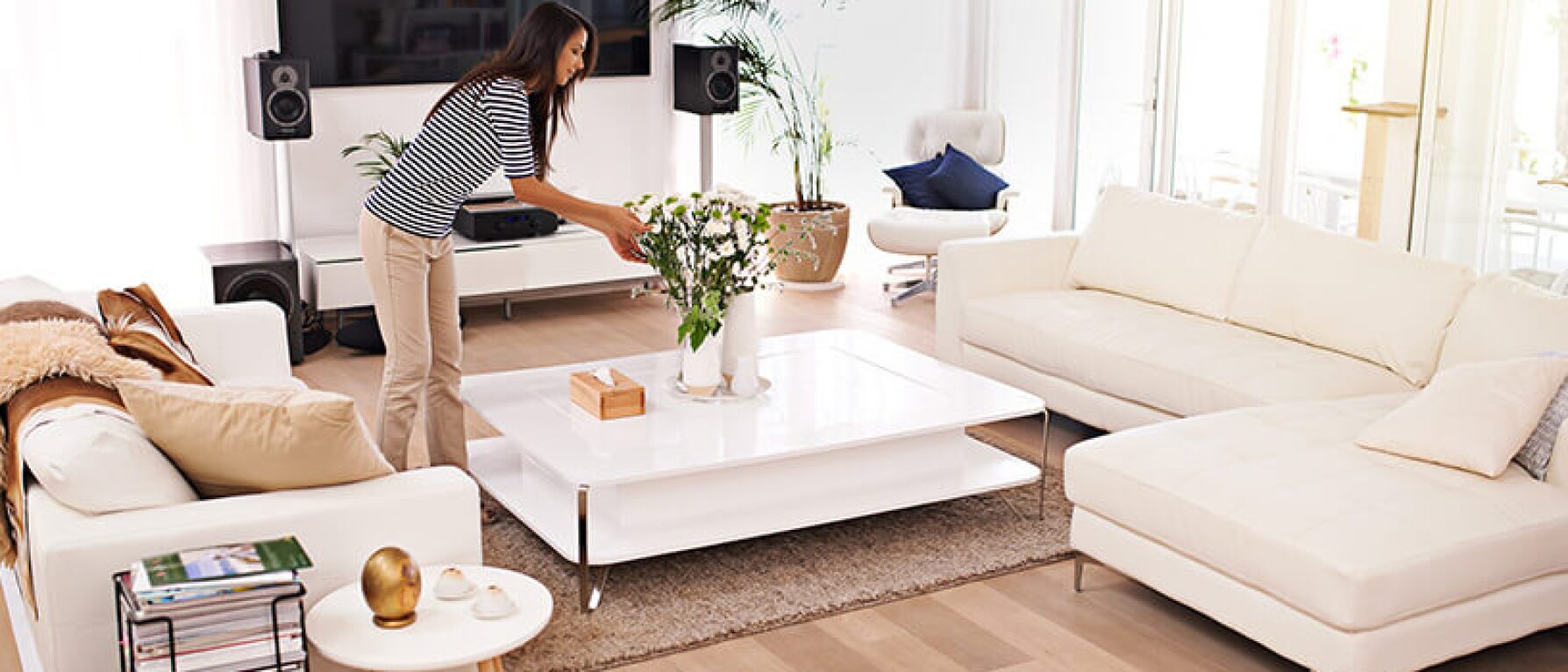With books like The More of Less by Josh Becker and The Life-Changing Magic of Tidying Up by Marie Kondo, people are talking about the effects of simplicity. Is simplicity really the solution? That may depend on the question.
Simplicity will:
That said, it doesn’t mean simplicity isn’t the answer to some questions. Let’s take a look at the pros and cons.
Simplicity will:
- Clear the clutter
- Create order
- Reduce overconsumption
- Simplify decision-making
What’s the Difference?
In extreme cases, simplicity is akin to rearranging the deck chairs on the Titanic. It gives a feeling of control, but the feeling isn’t accurate.That said, it doesn’t mean simplicity isn’t the answer to some questions. Let’s take a look at the pros and cons.
Where Simplicity Is Helpful
- In habit formation. When you want to start doing something (or stop doing something), making it simple helps. Convenience helps optimize your new habit. For example, if you want to start an exercise class, choose one that is close to work or home and offers free and easy parking. If it is easy to get there, it’s more likely you will continue.
- In organization. Whether you need to declutter a junk drawer or organize your team’s tasks at work, choose a simple method. For junk drawers make three piles marked “stays”, “moves”, or “recycle/trash”. Take everything out and only put things back in that you have used recently. I am a huge fan of Pinterest as a source of organizational creativity. At work, try systems like Slack, Wunderlist, and Prodcuteev. Just make sure the one you choose actually makes life simpler. Sometimes if you aren’t using them effectively, they become one more communication to check rather than a consolidation of methods.
- In communication. At work, everyone hates the meeting that could have been an email or the presentation that could have been a report. Simplicity in communication means less time wasted on talking about what you are going to do and more time doing it! This has been turned into an art form in the world of business presentations called Pecha Kucha. Rather than the standard and all-too-often boring PowerPoint presentation, this minimalist style uses 20 slides each shown for 20 seconds while the presenter speaks. It takes presenting to a new level. Check it out here.
- In timing. It’s frequently said that timing is everything. According to Daniel Pink’s new book When, “when” decisions are often based on intuition and guesswork when there is actually cutting-edge research and data about ideal times for certain tasks. It’s a great way to simplify by choosing the time of day where you will be most effective at a task. For many people, creativity is highest in the morning and communication is better midday.
- In deciding. On a day-to-day basis, you are tasked with an unbelievable number of choices. What to wear. What to eat. Who to follow. Who to unfollow. These decisions can weigh you down. Simplifying the number of choices you need to make by using systems to plan meals or by creating a standard “work uniform” can decrease decision fatigue and free up more brain power for things that matter more. Steve Jobs, Mark Zuckerberg, and Barack Obama have all used this simplicity hack to their advantage.
Where Simplicity Won’t Help
- Control. Simplicity cannot give you control. Many try to curate their interactions with the world by controlling every aspect of their life. There is a sweet spot between out of control and control freak, which can be difficult to find. Humans have a deep desire for control driven by our need for autonomy. More than we want to be in control, we don’t want someone else to be in control.
- Happiness. The way you speak about happiness is one reason that taking control may feel important. You may use phrases like, “that made me happy”, which encourage you to think that your happiness is reliant on something or someone outside yourself. Meanwhile, releasing control actually improves happiness and lowers stress levels. Many people feel a sense of relief when their outer world is organized. The key is recognizing that the simple act of clearing clutter or organizing doesn’t make you happy. Outer order may increase a sense of inner calm, but true inner calm needs to stay in times of chaos.
Top 8 Simple Suggestions
Want to start simplifyinug in a positive way? Start with these tips.- Start by decluttering your mind. Learn to meditate.
- Eat simply. Choose foods from the outer aisles: fruits, vegetables, and fresh-made items. The more complex the ingredient list, the less likely the food is a healthy source of nutrition. This will reduce your shopping time too.
- Keep your wardrobe fresh. Use seasonal boxes that you store or hang dependant on the season. Anything you haven’t worn in a year can stay in storage or get donated.
- Keep trinkets and memorabilia to a minimum. These things aren’t your past or your memories, they are reminders. Instead of keeping 12 years’ worth of school art, keep a photo album of art or the top two pieces of every year.
- Carefully curate the television, radio, film, and literature you choose. How you feed your mind impacts all aspects of your life.
- Go outside. Nothing is simpler than nature.
- Harness the power of online shopping for supplements, wellness, and self-care products. When you like something, have it auto-shipped regularly.
- Make it uniform. This doesn’t only refer to what you wear, it’s also about how you clean, shop, and socialize. Not having to decide where to go for dinner and who to invite can make it feel easier to get going. Having a standard plan around who makes vacation plans, where tax receipts are saved, and where you put items like keys and glasses is an energy saver.




